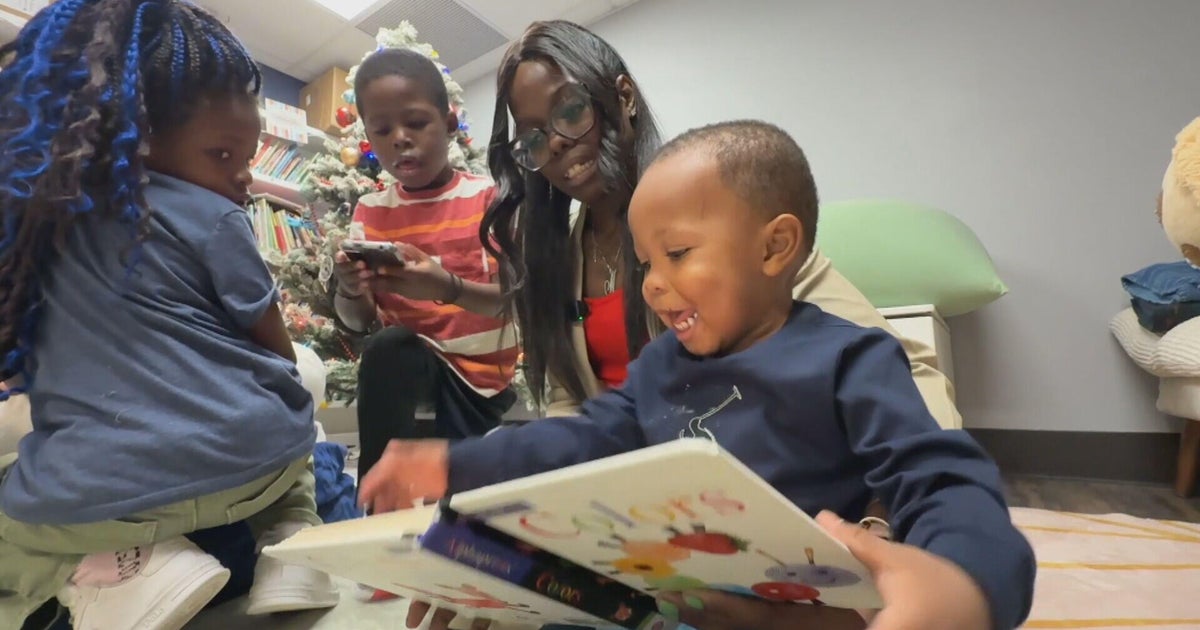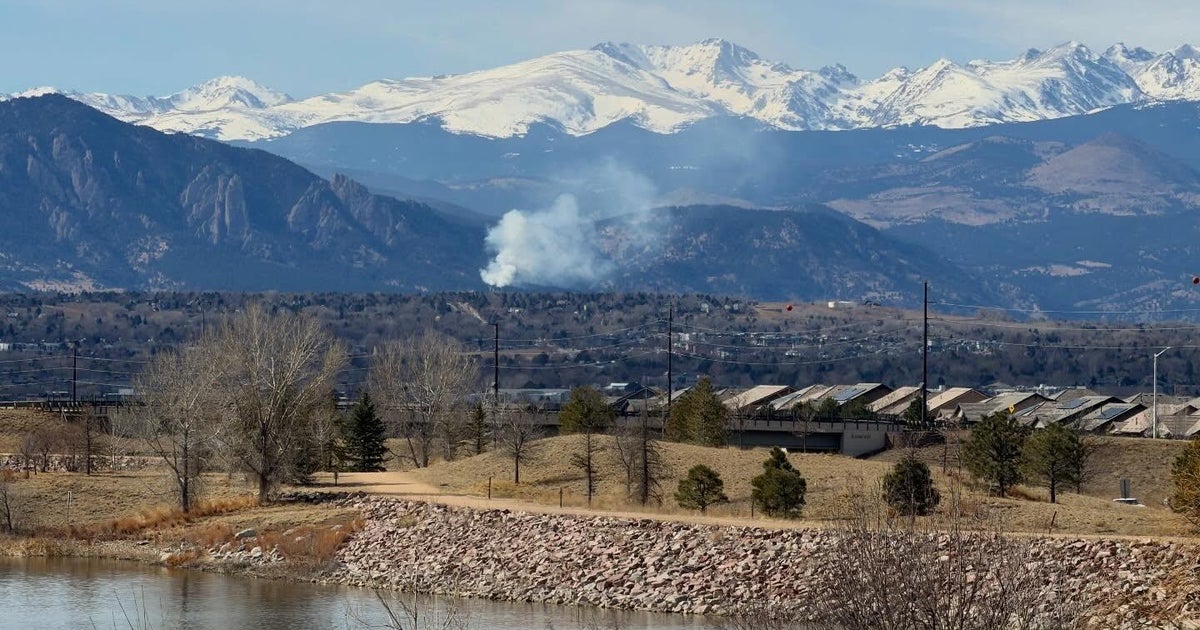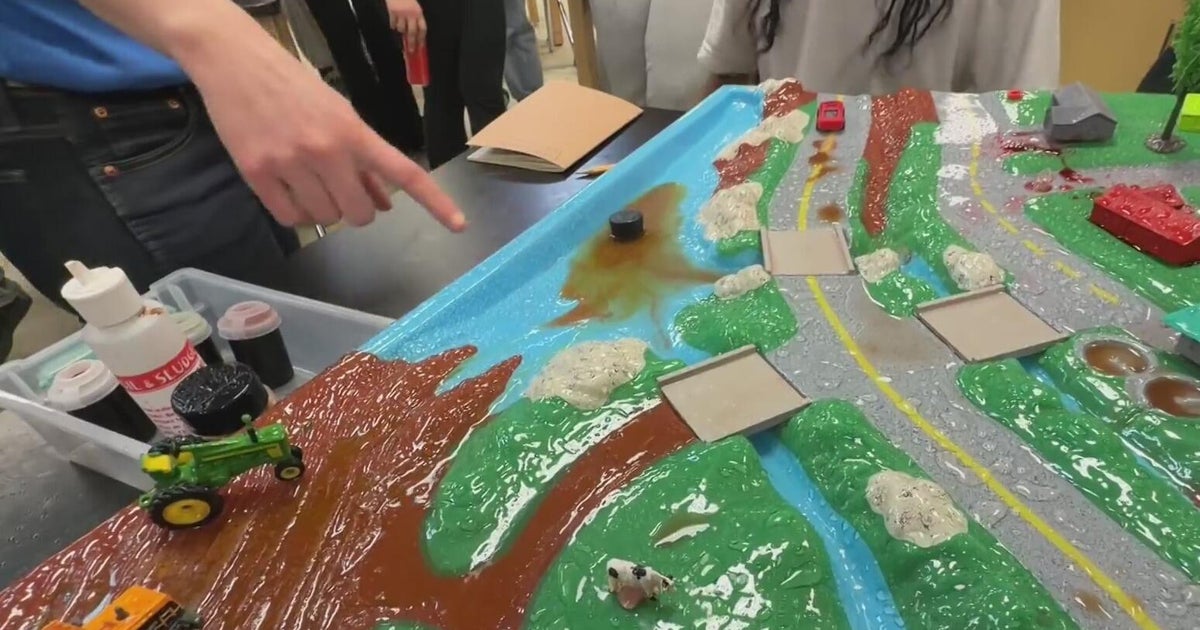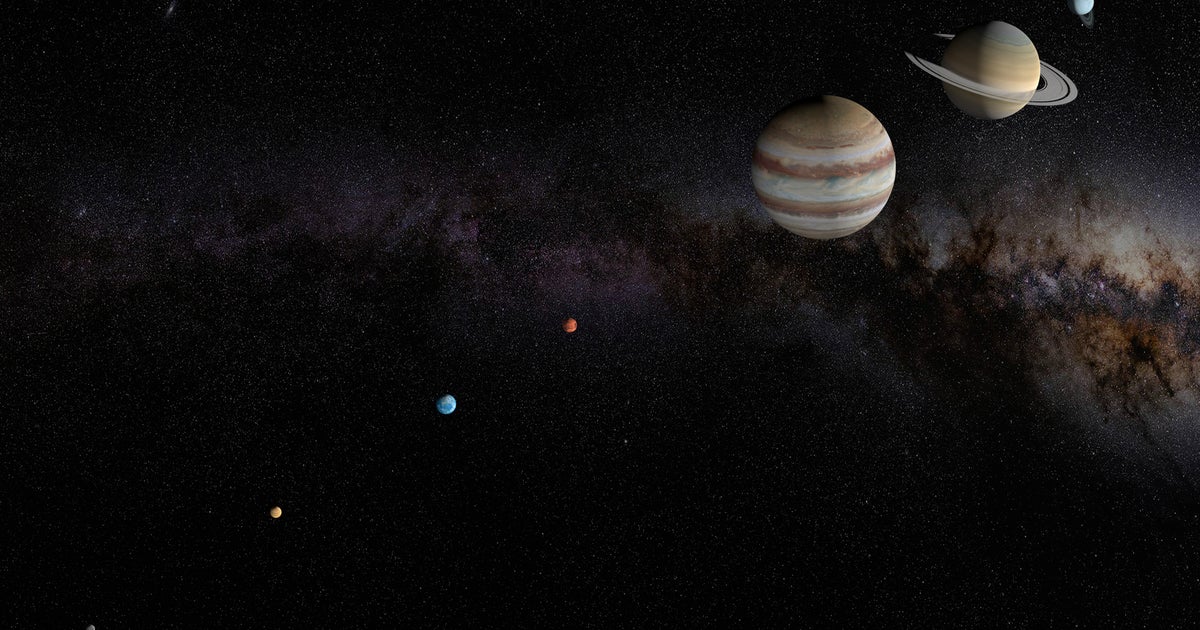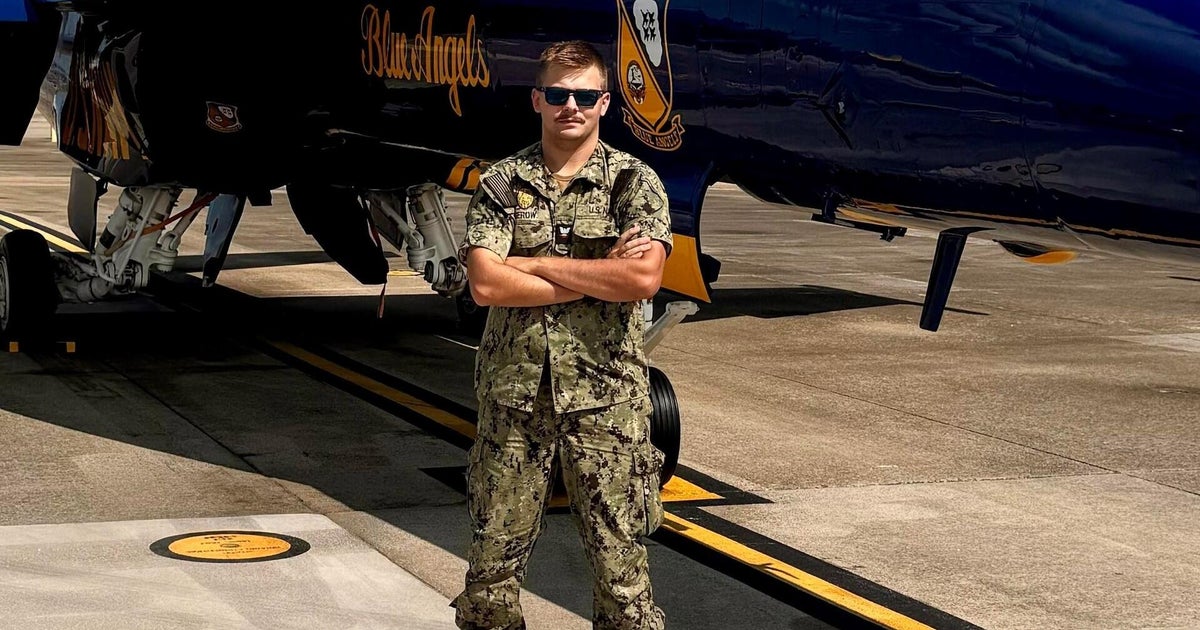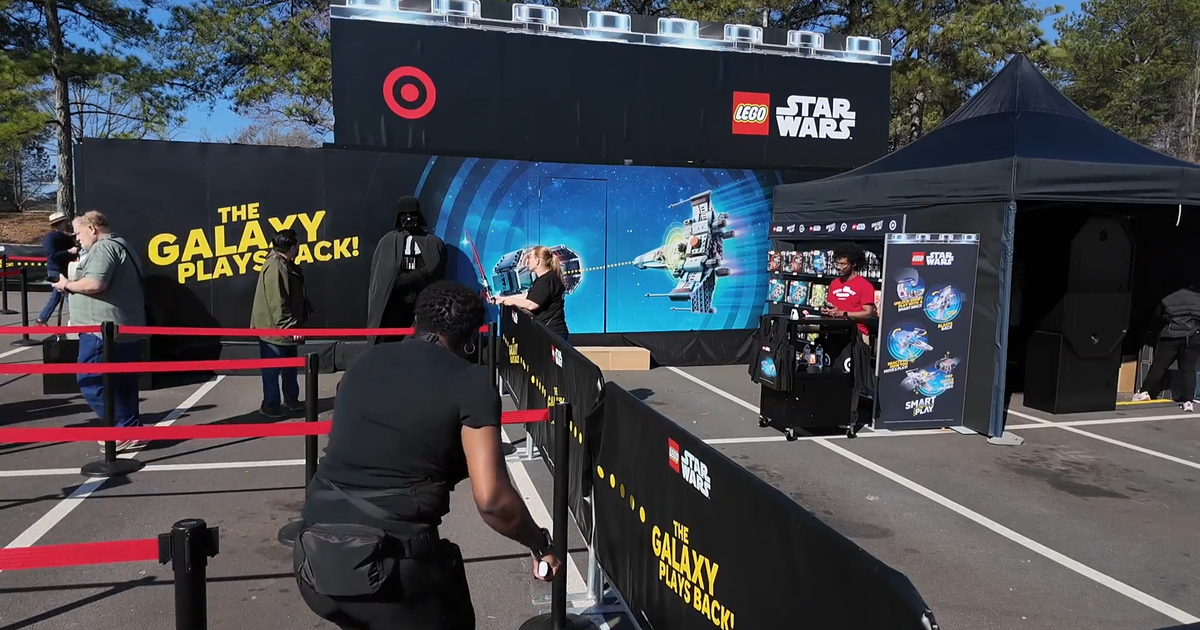NASA's first Mission to Mars is already underway on Earth
NASA intends to send a crewed mission to Mars in the decades ahead, but one team is already living on the Red Planet while staying put on Earth. CHAPEA1 is an analogue mission, a 378-day simulation of what it could be like when astronauts are actually on Mars.
At the Johnson Space Center near Houston, four volunteer crew members started the experiment last July and are currently living inside a 1700-square-foot habitat located inside a large hangar. It is designed to be similar to what a future Martian home could look like, and it was built using a 3D printing technique that could eventually be deployed on Mars.
"A lot of people do ask us whether we feel like we're really on Mars, and to be honest, sometimes or partially is the answer," said Kelly Haston, commander of CHAPEA1. "We do have the isolation you would expect for people that are based on Mars because of the communication limitations that we're experiencing as well as other resource limitations."
For the crew, there is up to a 22-minute communication delay each way, because of the distance a signal has to travel between Mars and Earth. There is also limited bandwidth, so it means that the crew largely communicates with mission control and even their loved ones via text exchange. Crew members recorded answers to written questions from CBS News, and said that the limitations have forced them to be resourceful.
"The crew is actually really innovative and adaptive and troubleshoots really quickly in times when we can't get an answer back from Mission control very quickly," said Haston. "That's been a really nice finding for us."
CHAPEA1 is the first of three planned analogue missions before NASA sends astronauts to Mars, potentially in the 2030s. This simulation is allowing them to test and troubleshoot what will be needed in terms of food supplies and other support systems. Supplies for this crew are more limited than what's currently available to astronauts on the International Space Station.
"As we get further from Earth and as we go on missions to Mars, it is likely that our resources are going to be a lot more restricted. Things are going to become potentially harder for our astronauts," said Dr. Grace Douglas, the principal investigator for CHAPEA who is running the simulation at mission control.
The crew is performing Mars-realistic tasks, with a lab built into their habitat and even a sandbox area that mimics the Martian landscape. Crew members wear space suits and exit their habitat through an airlock, and VR simulations allow them to conduct extravehicular activities.
NASA is also tracking the crew members physical and mental health with biometric sensors and regular tests and assessments. One of the biggest challenges is the toll of extended isolation.
"We can't just study one system on its own. We have to put it all together in a mission where they're experiencing all the stressors together," Douglas said. "This is a very important part of getting us to a successful Mars mission. Getting this data is very important so their contribution is very important."
Crew members know they're making a real sacrifice by being away from loved ones and isolated for longer than a year. When they responded to questions in late October, crew members said they were eager to get home.
Ross Brockwell, the flight engineer, said he's ready to jump in the ocean and dry in the sun, but he also believes in the importance of what he and his fellow crew members are doing.
"Some people think that this is crazy. But for me, I've always wanted to make a contribution to spaceflight and especially to help get humankind to Mars," Brockwell said. "If this helps us learn some of the things we need to explore Mars and beyond and it helps us prevent some issues preemptively, I'm happy to do it."
